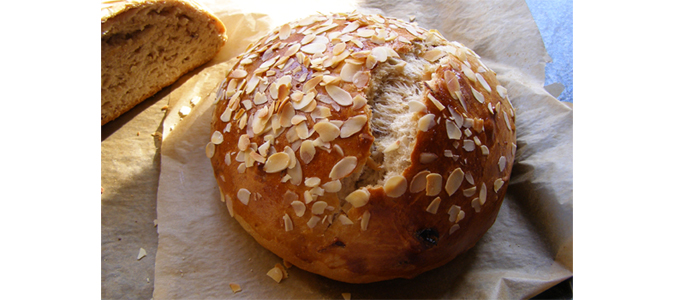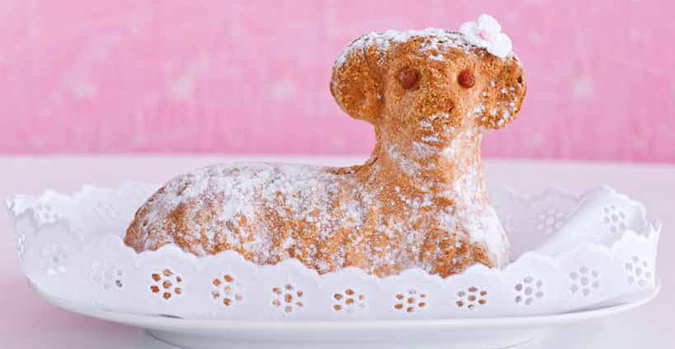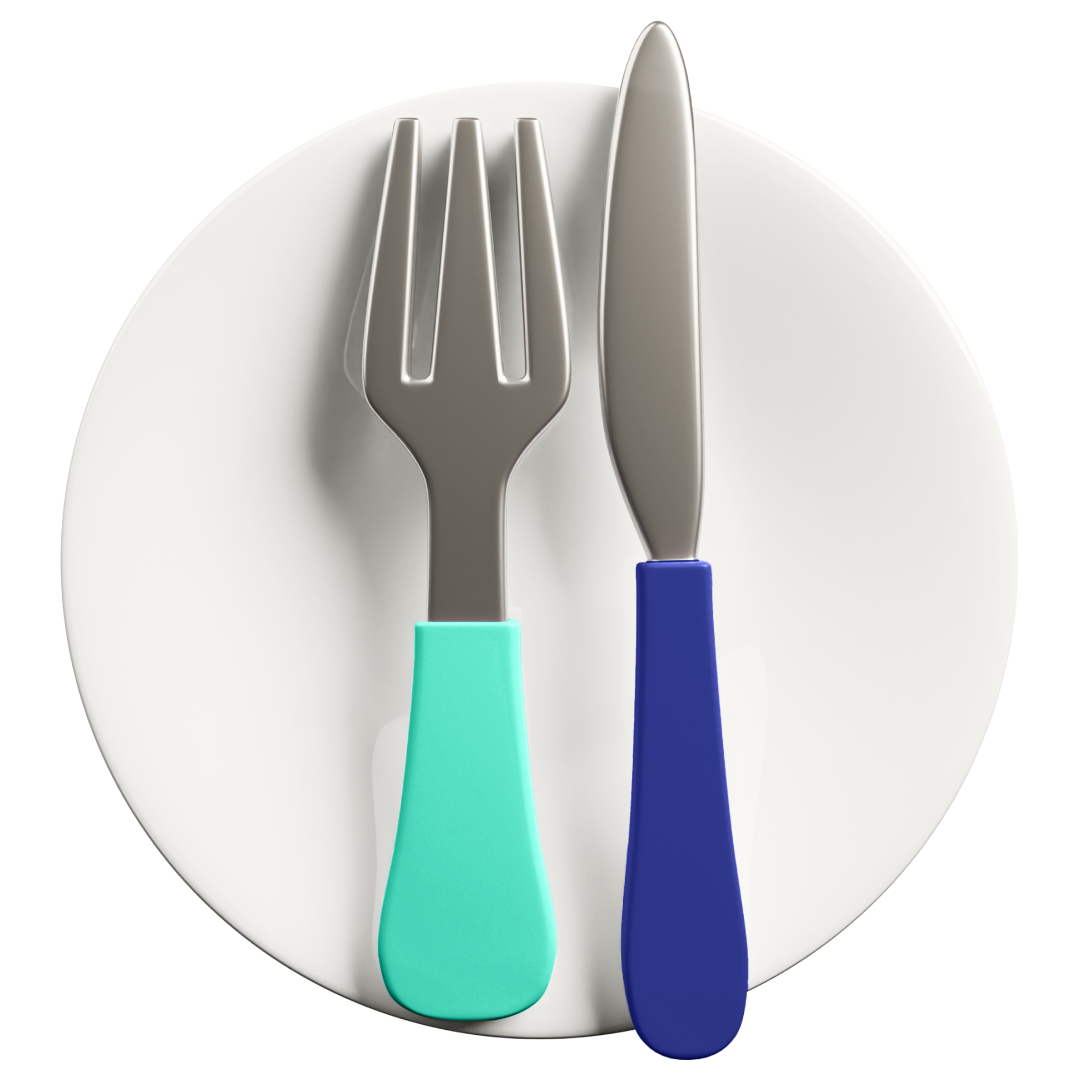The Easter season is linked to many traditional dishes: Kaiserschmarn on Ugly Wednesday (as food is supposed to look “ugly” and not as planned), something green for Green Thrusday (parsley, nettles and spinach was used), fish or thick soups on Good Friday (the day of fast), and nádivka and mazanec on White Saturday. Easter Sunday is the culmination of the celebration – Easter pastries such as buchty, jidáše, and pučálky are prepared, and meat broth with baked meat is served with sweet beránek as dessert. Easter Monday is full of egg dishes, as they symbolize rebirth.
With Easter fast approaching, we bring you three traditional Czech recipes from our family cookbooks.
Mazanec
1/2 kg flour (polohrubá)
120 g melted butter
100 g sugar
3 yolks
1 cube (42g) of fresh yeast
2 dcl lukewarm milk
pinch of salt
30 g sliced almonds
40 g raisins
vanilla
lemon peel
rum
almonds for sprinkling
Make the kvásek (yeast mixture) from half of the lukewarm milk, one teaspoon of sugar, and crumbled yeast. In a separate bowl, beat the butter with sugar, egg yolks, vanilla, lemon peel, salt, a little bit of rum. Slowly add the leavened yeast mixture and the rest of the milk. Little by little start adding flour, almonds, and raisins. Knead the dough with a wooden spoon until bubbles are made. Cover it with a dishtowel, place on a warm place and let it rise for 1 hour.
Shape one or two loaves, place on a baking sheet, and brush with whisked egg and sprinkle with sliced almonds. Bake at 180 C for about 10 minutes, then lower the temperature to 100 C and bake for another 30 minutes (the total amount depends on the size of the loaves).

🌟 Customer Care Specialist FR – Prague 🌟

Beránek
4 eggs (whites and yolks separated)
3/4 cup sugar
1 and 1/2 cup flour (polohrubá)
1 package (12g) of baking powder
1 package of vanilla sugar
1 package (200ml) of whipping cream
butter for buttering the mold
flour (hrubá) for sifting the mold
Butter a middle-sized lamb-shaped mold and sift with flour. Preheat the oven to 180°C. Whip the yolks with sugar. Add flour mixed with baking powder and vanilla sugar. Pour cream and then carefully add the whipped eggwhites. Pour into the mold and bake for 45 minutes.

Nádivka
In an interview last year, Czech culinary expert Hana Michopulu explained that hens suddenly lay more eggs in spring, and households had to use them somehow, leading to this recipe. It’s white bread soaked in milk, mixed with eggs, some greens and/or smoked pork, a lot of nutmeg, and baked. Hana’s secret is to add nettles, no pork, and bake it in muffin forms. Basically, we can liken it to Yorkshire pudding, or a savory bread pudding.
white bread (10 day-old rolls or 1 big baguette)
milk
6 eggs
400g of cooked smoked pork
50g of melted butter + some more for buttering the mold
2 handfuls of fresh chopped nettles (or spinach)
Pinch of nutmeg
Pinch of salt
Preheat the oven to 200°C. Separate whites and yolks. Dice the rolls or baguette and mix with a melted butter, little bit of milk, yolk, nettles, salt, and nutmeg.
Cook the smoked pork (although it is ready to eat) for 10 minutes to get the broth. Dice the meat afterwards and add the the mixture with a little bit of broth. In a separate bowl, whip the whites until firm and add to the mixture too.
Butter the mold and fill it up with the nádivka. You can sprinkle the top with almonds.
Bake for 30 minutes until firm and golden brown.

Veselé Velikonoce!
Related articles












 Reading time: 3 minutes
Reading time: 3 minutes 

 English
English
 Italian
Italian
 Swedish
Swedish
 Polish
Polish
 Spanish
Spanish
 Slovenian
Slovenian


















